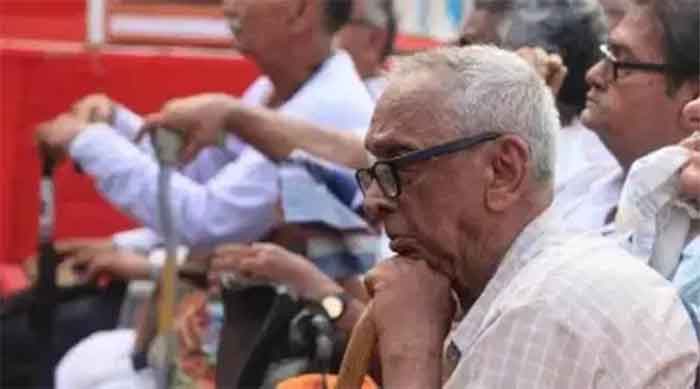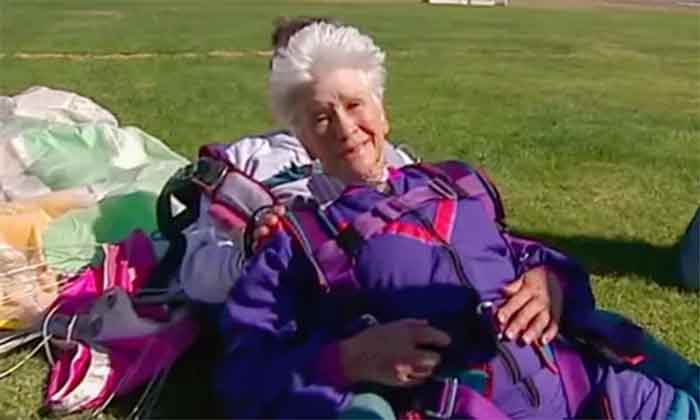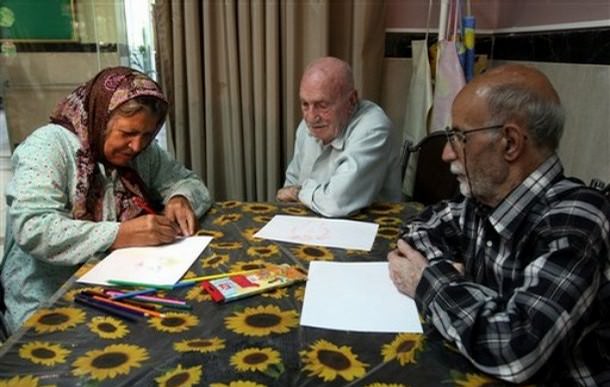
India is quite young. Its population of 1.3 billion has an average age of 29 years. Much of the country’s focus, therefore, has been on its “youth bulge” and the “demographic dividend” this should potentially yield since the working age population is greater than the segment of dependents. While the country will be able to hold on to this advantage for years, it is greying. The share of senior citizens — aged 60 years and above —is increasing. Yet, this is an area that is not receiving adequate attention despite the diverse challenges it will trigger, according to experts in population studies, public health, and senior citizen care.
It is a somber thought as in a few days, we begin October by observing the International Day of Older Persons on October 1. It is a good time to pause and reflect on the fact that India’s elderly population (aged 60 and above) is projected to touch 194 million in 2031 from 138 million in 2021, a 41 percent increase over a decade, according to the National Statistical Office (NSO)’s Elderly in India 2021 report. This has implications for the country. An ageing population increases the demand for health services. Older people suffer from both degenerative and communicable diseases due to the ageing of the body’s immune system. The National Policy on Senior Citizens aims to encourage healthcare, safety and security, safe housing, and protected welfare. The National Policy on Older People focuses on encouraging independence amongst the elderly, providing knowledge of resources and community involvement opportunities.
As one aged above 60 myself, the subject of older people is more than of academic interest to me. How India regards or disregards its senior citizens and how society views them and treats them will directly impact me and my wife. There was a time when senior citizens lived in the midst of large joint families and were cared for there. Today that is not the case. Joint families have become a thing of the past for some decades now. Still, now even nuclear families are becoming atomised as the children pursuing their own careers move away from their parents to other cities or countries. Not because they are selfish or uncaring but because that is how life is these days.
Older people like all others need emotional nurture and support, but are likely to have a lot of other practical needs. Nearly all will be lonely and miss company, many will be shut-ins or have other mobility challenges, and some others will have health and or financial needs. An ageing population increases the demand for health services. Older people suffer from both degenerative and communicable diseases due to the ageing of the body’s immune system. The leading causes of morbidity are infections, while visual impairment, difficulty walking, chewing, hearing, osteoporosis, arthritis, and incontinence are other common health-related problems. Before they become acute, these problems should be addressed by governments, non-government organisations, and academics. All stakeholders associated with ageing issues need to come together and play their respective roles.
India will need a multi-pronged approach based on the different needs of different sub-groups of elderly people. Ageing among the poor, among women, and among rural residents should receive particular attention. We need a mechanism that facilitates an atmosphere where older men and women can be intentional about reproducing themselves in the lives of younger people. Senior adults are not just to be respected because they are “old.” Rather, they have an important place in the life of the community.
There are actually some things for which senior adults could be better suited than younger men and women. They have more time. They have more life experience. They often have an extensive network of relationships within the community (family, friends, and business connections) that young people do not. Senior adults can and should still “bear fruit in old age, healthy and green.” Many senior adults have stories of resilience and overcoming obstacles through the years that younger families desperately need to hear. If we do not provide avenues for senior adults to share their stories with younger people, we are robbing the next generation of a valuable resource.
Society, in general, would do well to listen more imaginatively to older people’s experiences and be ready to learn from them. Older people can provide a longer perspective in a time of change. They know about making mistakes and understand human nature, work, and faith. We need to find ways of valuing age and enabling older people to find a voice. We need to create and cherish the stories and life experiences of older people while they are still in the midst. My mother who passed away in 2020, lived through the Japanese bombings of Kolkata, the Great Bengal Famine, and the partition of Bengal. I now regret that I didn’t dig into her memory bank. The Bengal partition is overshadowed in history by the one in Punjab and the Bengal Famine is only now beginning to be talked about.
Speaking of my mother reminds me of the other phenomena of the feminisation of ageing. The sex ratio of the elderly has increased from 938 women to 1,000 men in 1971 to 1,033 in 2011 and is projected to increase to 1,060 by 2026. Currently, all the states have higher life expectancies at old ages for women than for men. Women stand at greater risk in old age as they are by and large poorly paid for the work done during their lifetime and so have meagre or no savings. Due to this, their vulnerability also rises with age and widowhood brought about by lower life expectancy for men only compounds this problem.
The situation in India may not be unique and may be true in several developing economies. We don’t have organized state-regulated geriatric care – be it social or health. Even so, culturally the community seems to nurture thriving sometimes even in the worst of circumstances. in times of adversity, the community does gather and garner together to come to the aid of the ailing and downtrodden or even individuals in their capacities and the goodness of their hearts appear to silently do their bit in spite of their own difficult circumstances.
Dr Shantanu Dutta , a former Air Force doctor is now serving in the NGO sector for the last few decades.












































